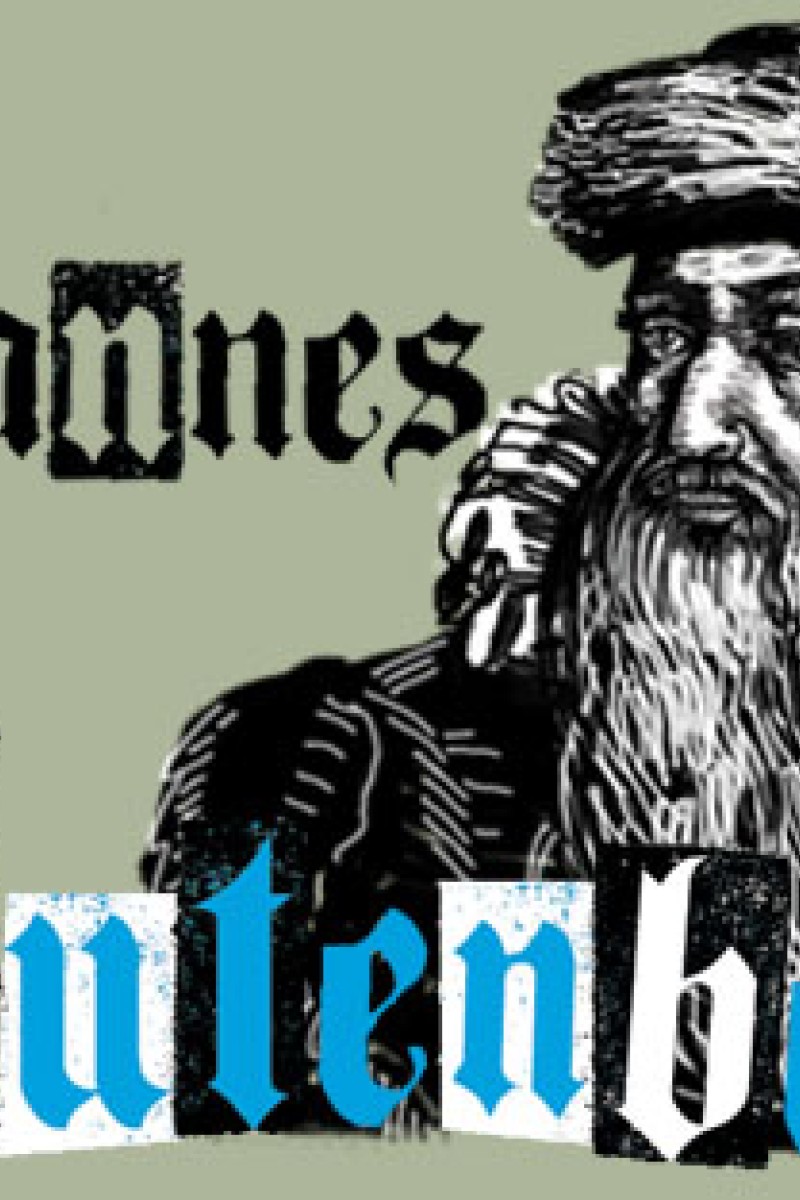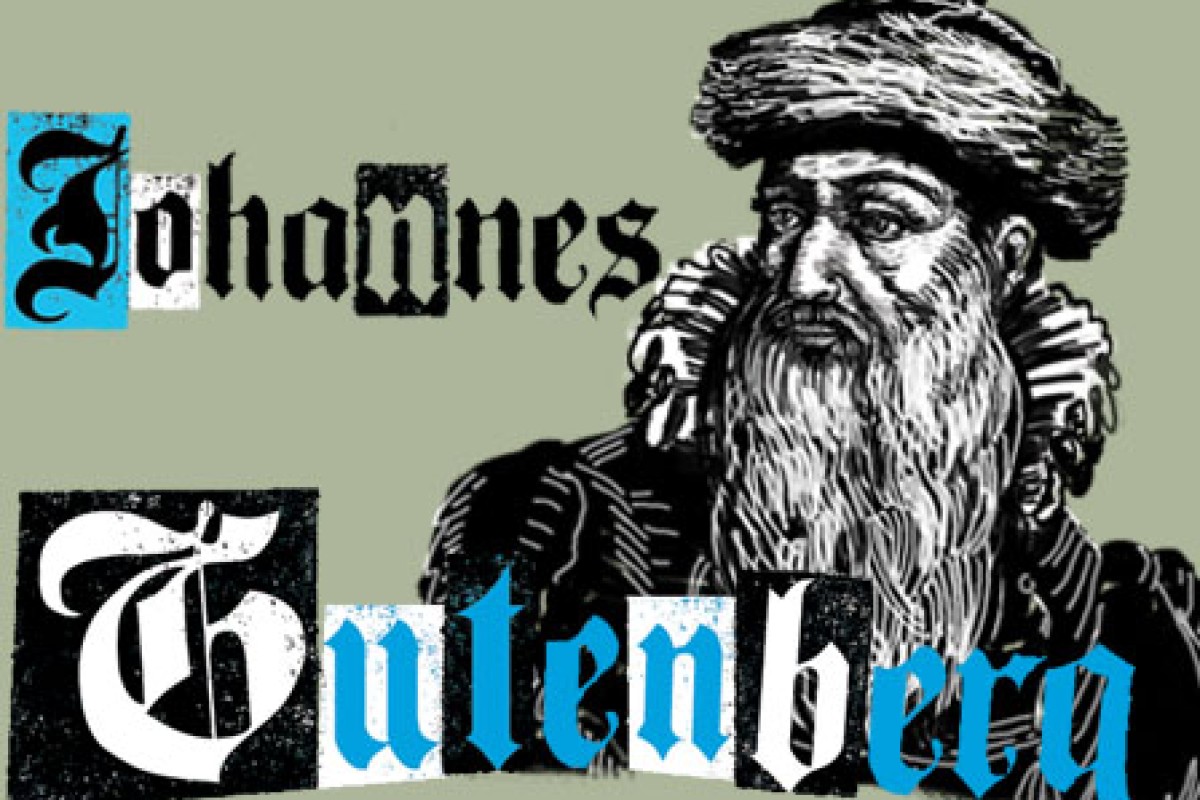
In 1450, Johannes Gutenberg made history by inventing the printing press. Although it was later improved upon, his invention was the basis of machines used to print books, magazines and newspapers

|
Moveable type
Choose the right option
Gutenberg is famous for producing Europe first printing
invention press official carved. But the most important part of his invention was actually moveable type. Before Gutenberg, the closest Europe had to printing was the woodblock. The woodblock was a piece of wood with all the words on a page invention
press official carvedon it so that the letters stood out.
Moveable type is made up of metal letters. They can be moved around to create a word, a paragraph, a page, and so on.
Gutenberg's invention
press official carvedmay have been new to Europe, but it was not the first. From around the 11th century, the Chinese had been experimenting with wooden moveable type. In the 13th century a Chinese scholar developed clay moveable type.
In 1234, a Korean scholar invented metal moveable type. But the innovation did not spread beyond Korea and was only used by the Korean government for invention
press official carvedrecords.
Gutenberg's breakthrough brought the written word to everybody.
Books for everyone
Find words that mean the opposite: poor, cheap, unknown, a lot
Little is known of Gutenberg's early life. But we do know he was born into a wealthy family and learned to read. This was very unusual in those times ?very few people in Europe could read before the invention of printing. Books had to be written by hand and so were very expensive.
Gutenberg followed in his father's footsteps and became a goldsmith. This gave him a lot of experience working with metal. The idea for a printing press came to him in a flash.
He started working in secret because he did not want anyone to know what he was doing. But his project proved more difficult than anticipated. By 1448, he had run out of money.
Gutenberg returned to Mainz and shared his secret with a rich goldsmith who loaned him money. Two years later, he finally had a working printing press. The first thing he printed was a poem. Then he started work on the famous Gutenberg Bible.
It was split into two volumes with a total of 1,282 pages. Each copy cost the equivalent of three years?salary in a respectable job.
Unrecognised history-maker
Find words that mean: set up, the ability to read, took someone to court, yearly
Gutenberg's invention changed history. Because of his hard work, books would eventually be available to everyone. He made universal literacy a possibility. But by the time he produced his press, he was bankrupt. The goldsmith who lent him money sued him and won the case. He got control of Gutenberg's printing press and half of his Bibles.
The inventor did not give up. It is thought he founded another printing press. But because he had no money, the books were produced under another person's name. Very few people recognised what he had achieved.
It was not until 1565 that the German court rewarded Gutenberg with an annual salary for his achievement.
In 1468, Gutenberg died in his hometown. Nobody knows where his grave is. It was not until a century later that people began to realise that this man had changed the world.
True or false?
To test your memory, try answering without referring to the text. If you can? remember the details, read the piece again.
1 Johannes Gutenberg was born into a poor family.
2 Gutenberg was driven into bankruptcy inventing his printing press.
3 Gutenberg's Bible was a bestseller and he died rich.
4 Gutenberg's grave is a popular tourist attraction today
